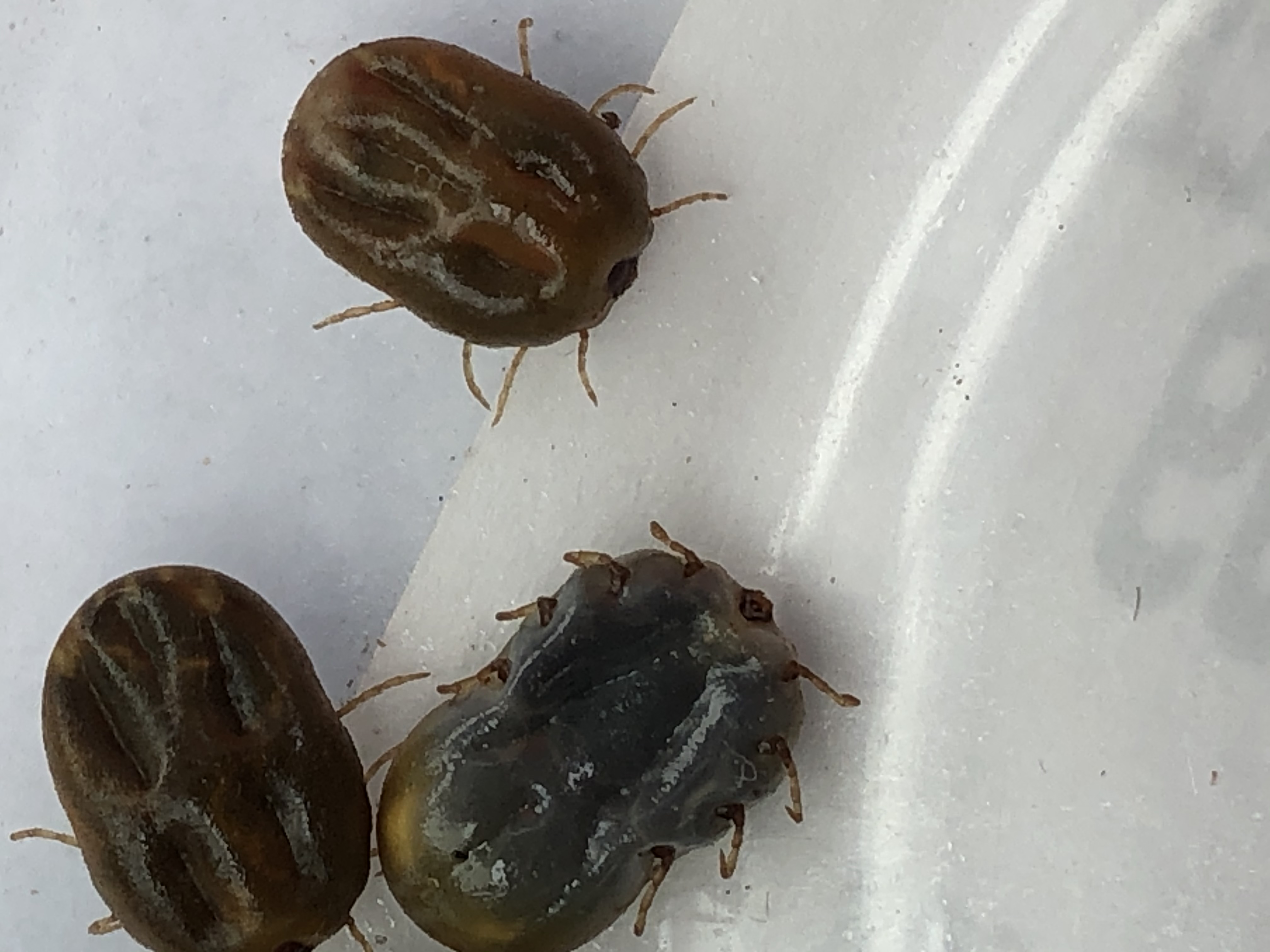Be alert for tick fever
18 Jan 2021
North Coast Local Land Services and NSW Department of Primary Industries (DPI) reminds producers to be alert to tick fever and practice good farm biosecurity, following the confirmation of tick fever in cattle on two properties in the region.
District Veterinarian with North Coast Local Land Services Dr Phil Kemsley said producers should contact a vet immediately if cattle have high fevers and behaviour changes. If treatment is delayed, tick fever can spread quickly in a herd and kill large numbers of cattle.
“We have seen cases of tick fever recently in the Tweed area during investigations on two neighbouring properties with cattle tick infestations and cattle deaths,” Dr Kemsley said.
“Tick fever is spread only by cattle ticks. It appears animals with cattle tick strayed between the two properties, spreading cattle tick and with it tick fever.
“Last year saw a record number of new cattle tick infestations in NSW, and in most cases straying was the source of the cattle tick.”
Stock proof boundary fences are critical to keeping cattle tick out, and producers should examine any strays before sending them home.
DPI senior veterinary officer, Paul Freeman, said tick fever in cattle is a devastating condition that can cause fever, jaundice, anaemia, miscarriage, red urine and a range of nervous signs, including change in temperament, lethargy, muscle tremors and difficulty walking.
“Current seasonal conditions are favourable for ticks who thrive on heat, and high humidity and producers should check cattle regularly especially as cattle are being yarded now in preparation for autumn sales,” Dr Freeman said.
Tick fever and cattle tick are notifiable under NSW biosecurity legislation. They are the two conditions with the most significant economic impact on cattle production in northern Australia due to the potential of large losses of animals, production losses, restrictions on trade, and treatment cost.
Livestock producers are urged to be on the lookout for ticks and maintain good biosecurity practices to prevent introducing diseases, pests and weeds onto their farms.
For information about cattle tick and tick fever go to the DPI cattle tick webpage at https://www.dpi.nsw.gov.au/animals-and-livestock/beef-cattle/health-and-disease/parasitic-and-protozoal-diseases/ticks
To report signs of tick fever and cattle tick after hours, contact the Emergency Animal Disease Hotline on 1800 675 888.
ENDS
Media contact: Emily Findlay North Coast Local Land Services, M: 0419221136
Photo Caption: Cattle ticks are a vector (carrier) for tick fever which cause illness and death in cattle.
